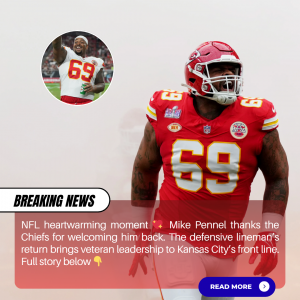No one listening to Dolly Parton is really expecting to get the most enlightening nugget of wisdom out of her songs.
A lot of her best material is slice-of-life pieces, and even the song itself isn’t that much to write home about; the power usually comes from the passion that she puts into the performance. But it was going to take a lot of practice for her to move hearts like she could in her prime.

But when talking about writing country masterpieces, there’s usually a different set of tools at work than if you’re writing a jazz song or a rock and roll epic. Sure, all of them need to have a certain hook that draws everyone into the top of the tune, but when it comes to country music, it all comes back to whether the song can tell a story rather than talk about odes to partying and booze.
Don’t get me wrong; songs about partying and booze definitely do exist in the country sphere, but it’s not what defines it, either. Johnny Cash made plenty of tunes in that vein, but he could also sing gospel songs or write the perfect set of words about love lost or losing a family member that could put a knife in your chest over the course of three minutes.

In Parton’s case, though, there was never a moment when she seemed to be particularly malicious in any of her songs. She was more than happy to be playing her songs to anyone who would hear them, and while ‘Coat of Many Colours’ told everyone that her life wasn’t always as glamorous as most people would believe, she was always proud of where she came from and would gladly hold her head high in any situation she was in.
Because that’s how all of the great country songwriters wrote before she could put tunes together. Not everything that Willie Nelson sang necessarily had to be the most clever turn of phrase of even the most optimistic tune in the world, but you could hear the humanity in his voice and in every single string he plucked. And that combined with Merle Haggard’s stately approach to music is what made Parton strive to write better tunes.
She already had a wealth of great material, but she knew all great songwriters could learn a thing or two from what her musical heroes did, saying, “You want to write songs that other people can sing, too. That’s what I always loved about (Merle) Haggard’s writing. Same thing with Willie (Nelson). They can write so simple, but still so deep and say so much. That’s the kind of stuff you long for.”
Which probably explains why tunes like ‘I Will Always Love You’ hits like a sledgehammer even without Whitney Houston’s breathtaking voice behind it. Parton’s version might be more downtempo by comparison, but it’s impossible to listen to her singing her breakup song and not feel something, especially when she has the subtlest vocal run in the middle of the chorus, which could easily be the musical version of her holding back tears.

So even if a million jokers online can say that it’s easy to write a country song with only three chords, it’s another story trying to do it correctly. It might mean having to do a fair bit of living first, but that simplistic songs about everyday life is what always kept the jukebox spinning when Parton was first learning the ropes as a songwriter.





